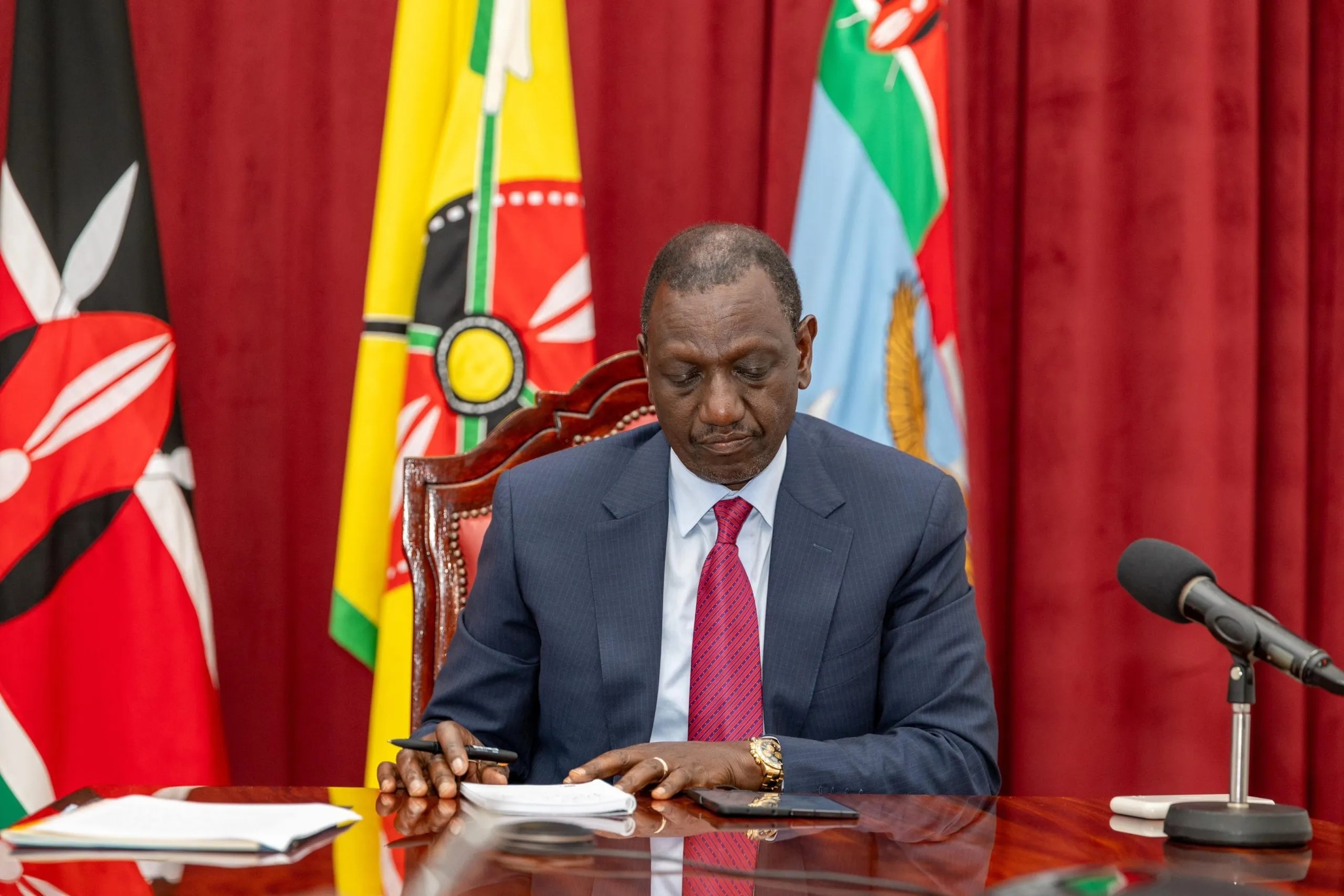Uber and Bolt's decision to introduce booking fee charges as part of pricing in November 2022, is awaiting a final decision by the regulator.
According to Bolt Kenya country manager Linda Ndungu, the National Transport and Safety Authority (NTSA) and the Ministry of Transport are conducting a study to determine the viability of the new charges.
“NTSA has assured us of a quick response, with the study projected to take about three to four months, upon which a verdict will be issued to determine its framework going forward,” Linda said.
She said this on Thursday at a press briefing in Nairobi.
The controversial booking fee charge was among the reasons NTSA delayed Bolt’s licence renewal last month, terming it illegal.
Bolt has since suspended its five per cent fee, saying it will stick to the current model.
Linda urged NTSA together with the ministry to not only prioritise the legal threshold of the charges, but also to consider the viability.
“This is while putting in check the interests of all stakeholders; drivers, app owners and regulators,” she said.
Uber charges an even higher amount at 11 per cent, defending it as being the maximum possible booking fee charged, separate from the fare calculation.
“Reasons that impeded the renewal of Bolt's operating licence included formal complaints from drivers and their representatives regarding alleged non-compliance and violations of the provisions of Transportation Network Companies (TNC), Owners, Drivers and Passengers Regulations, 2022,” said Cosmas Ngeso, NTSA’s acting director general.
"The most pressing concerns are in relation to commission charges and a booking fee which has caused significant concern among the driver community."
The booking fee was introduced in the country last year by the firms after the Transport ministry directed all e-cab companies to reduce their commission to 18 per cent, slightly lower than their standard 20 per cent charge.
Paid by customers, the fee was purposed to help the companies circumvent the reduced percentage, with a portion of it covering taxes such as VAT which is required by law.
The law stipulates that the VAT be charged on drivers on the service fee.
Uber and Bolt's move to introduce the booking fee was therefore a way to avoid reducing driver earnings.
According to Bolt, part of the booking fee was also intended to cover and support enhanced technological features that ensure more efficient service on their platform.


















